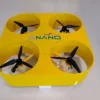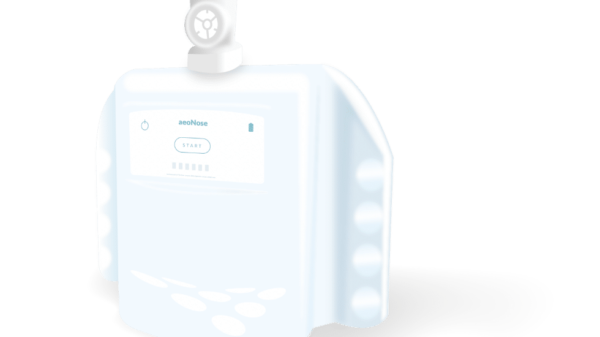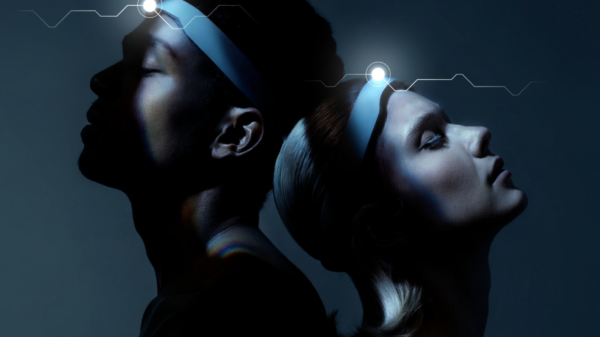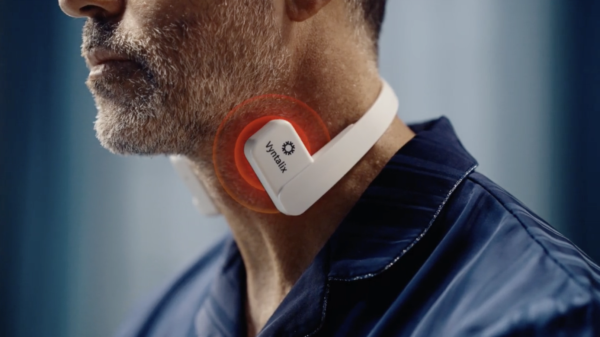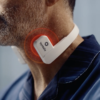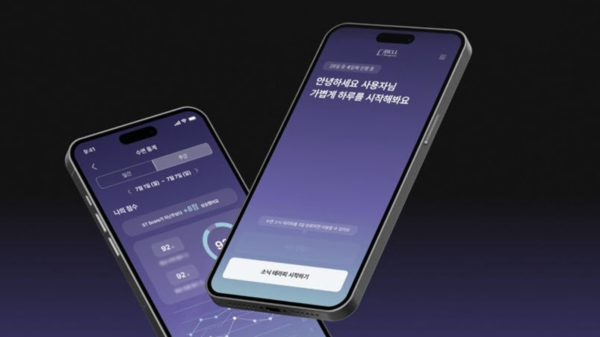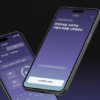The global market for sleep technology is expected to grow immensely within the next 10 years, rising from its value of US$16 billion in 2022 to over US$107 billion by 2033.
That is according to a recent report released by Visiongain, a market research firm headquartered in the United Kingdom. The business intelligence company says the market will flourish with a 22.6 per cent compound annual growth rate (CAGR) during the forecast period.
The market’s growth will be fueled by an increasing prevalence of sleep disorders and a growing awareness of those disorders.
The firm says the ever-expanding body of research and growing awareness of the importance of sleep will also be a key catalyst for the market. The demand for analytics software that can track sleep patterns and recommend appropriate lifestyle changes to help people get better rest will be a key market driver too.
Visiongain says that the demand for sleep tech devices has been increasing significantly in the Gulf Cooperation Council countries comprised of Kuwait, Qatar, Oman, Saudi Arabia, Bahrain and the United Arab Emirates in particular. This can be attributed to significant wealth in those countries and a tech-savvy population.
Additionally, the market is expected to grow significantly in the rest of the Middle East and Africa during the forecast period. It was valued at US$0.4 billion there this year and is expected to ascend to US$2.57 billion by 2033.

Graph via Visiongain
Despite the significant CAGR globally and in those regions, the market’s growth will be hindered by security concerns related to sleep tech devices and their high price tag.
Read more: Hapbee Technologies inks agreement with assisted living firm Gray Matters Alliance
Read more: Sleep tech start-up Somnox starts crowdfunding for new ‘Sleep Robot’
Key market developments include a new sensor tracking system and smart pillow
In July last year, the company Eight Sleep released the newest version of its biometric and health-tracking sensor device, Pod 3. The newest version of the mattress temperature control device has an intelligent sleep system that will automatically adjust the temperature of an individual’s bed based on their body temperature, sleep stages and environment.
“It’s good,” said Elon Musk, according to the sleep tech company.

Image via Eight Sleep
In September last year, Xiaomi Corporation (HKG: 1810) was able to develop the new Xiaomi MIJIA Smart Pillow through a crowdfunding campaign in China, which utilizes AI and sensors to monitor health and fitness metrics such as heartbeat, snoring, breathing and body movement.
COVID-19 slowed the market’s growth, but it is still on the rise
The demand for sleep-tracking and monitoring devices increased in recent years due to the stress and anxiety brought on by the COVID-19 pandemic but the virus also took a significant toll on the market due to disruptions in the global supply chain that negatively impacted manufacturing and distribution of sleep tech merchandise.
Although the market is expected to grow immensely, the pandemic delayed product launches, increased costs and reduced production capacity for those involved in the sector. It also led to a reduced rate of sleep disorder diagnoses due to people avoiding hospitals for fear of contracting the virus, thereby reducing the demand for sleep monitoring devices and other sleep tech products.
Many companies diverted their resources to develop products that could be utilized and sold during the pandemic rather than focusing on research and development for the sleep tech market.
However, recent research and development have also been fueling the market’s growth and there has been a significant rise in the number of novel devices emerging in the market such as sleep trackers, smart beds and software for sleep augmentation.
Sleep tech devices can also be used to improve the overall quality of life for people who suffer from diseases like sleep apnea, narcolepsy and insomnia.
Read more: Sleep Country Canada acquires Casper Sleep’s Canadian assets
Read more: National Sleep Foundation awards Novalogy and Sunrise with 2022 Sleep Tech Award
For a single user, Visiongain charges US$4,937.50 for access to the full report, which contains 115 tables and 157 graphs/charts over 278 pages. Investors looking to purchase the report would gain access to an in-depth analysis of the various segments of the market including distribution channels, applications, wearables and other potentially beneficial information.
Key players operating in the market include Beddit, owned by Apple Inc (NASDAQ: AAPL); Xiaomi; Casper Sleep, a formerly public-listed company that went private in 2021 and recently had its Canadian assets acquired by Sleep Country Canada Holdings (TSX: ZZZ); Compumedics Limited (ASX: CMP); Sleepace; Eight Sleep; Koninklijke Philips N.V. (AMS: PHIA); ResMed (NYSE: RMD); Nihon Koden (TYO: 6849); and Oura Health.
Hapbee Technologies (TSX-V: HAPB) partnered with Oura Health in January to streamline sleep data generated by Oura’s ring through its Smart Sleep Pad and mobile application, providing users of the Oura Ring with sleep recommendations through those devices.
Hapbee shares stayed flat Thursday at $0.09 and have risen by 50 per cent over the past six months on the TSX Venture Exchange.
rowan@mugglehead.com



